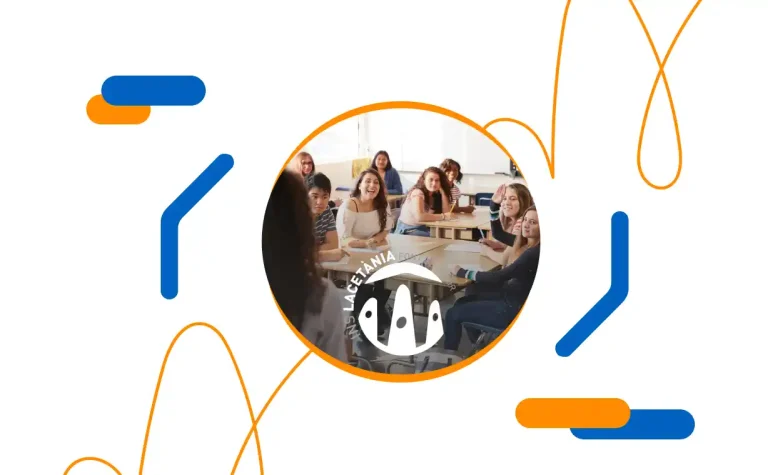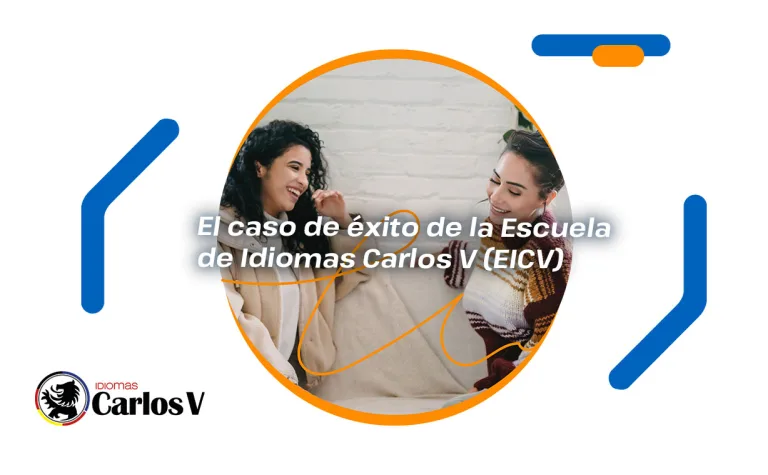The first professional internships often generate mixed feelings: nervousness combined with the desire to put into practice everything they have learned. And although the main protagonist is the student who joins as an apprentice, this learning process would not be possible without the internship agreements.
However, the daily chores of both students and companies usually turn this process into a procedure that, although essential, is often slow, bureaucratic and error-prone.
In today’s article we tell you more about this important part of academic life and how technology can transform this procedure in a safe, legal and efficient way.
What is an internship agreement?
An internship agreement is a formal trilateral agreement between a student, a company and an academic center, whose objective is to integrate the student into a work team as an apprentice. The agreement, regulated in Spain by Royal Decree 1493/2011, establishes the conditions that will mark the student’s professional internship season: duration, objectives, follow-up, tasks to be performed, remuneration (if applicable) and rights and duties.
For the student, the internship agreement is one of the most awaited stages of their training since they will put into practice the knowledge acquired throughout their training, but they will also acquire and develop useful skills with their internship tutor.
A procedure not without risk
Despite the importance of internship agreements in student life, it is often a slow process for students and partner companies, due to the nature of the procedure.
- Long waits to collect signatures. Every year, each academic center (be it a university, institute or study center) manages the professional internships of dozens of students, with all the work that this entails. This translates into having to request the officialization of the agreement from each of the parties involved, who are usually busy with academic tasks, exams or day-to-day professional work, and are not usually available to meet.
- Unnecessary travel. In the vast majority of cases, this involves physical travel by students, university representatives and corporate officers to deliver, pick up or complete agreements. In addition to time-consuming efforts, this also represents an increase in logistical costs and inefficiency in the process, especially when they are located in different cities.
- Traceability and validation problems. How do we know that the document has not been damaged, or that it has been signed by the right person? By relying on physical documents, it is not possible to accurately track each stage of the process.
- Legal risks. A handwritten signature is infinitely more vulnerable to loss or forgery, especially if it is not accompanied by additional measures, which can call into question the validity of the agreement and expose institutions to unnecessary legal complications.
The solution: automation with certified technology
What would you do if you knew that there was a solution with which the problems of the traditional management of internship agreements would be left behind? With Viafirma you can digitize the whole cycle of procedures and documents like this one, from its creation to its signature, without the need of displacements. But it not only eliminates inefficiencies, but also guarantees the legal compliance and improves the experience of all the parties involved.
Automation’s benefits for schools and businesses
Find out below what benefits automation can bring to you, your school’s students and partner companies:
- Time and cost savings. By eliminating the need for students or company professionals to travel to close the agreement, the time required to complete the process is reduced. In addition, the costs associated with paper are eliminated: printing, mailing and storage.
- Improved experience for students and companies. It offers a faster, more convenient and secure experience to complete the process, improving efficiency and transparency in the management of agreements.
- Guaranteed legal security. It allows identifying the people involved in the document in an unequivocal way, ensuring its integrity and being able to know if modifications have been made in the process.
25 years helping educational institutions to boost their students
We have 25 years of experience helping companies in the education sector to optimize their workflows. Entities such as the Carlos V Language School, the Orihuela Conservatory or the Lacetània Institute have been relying on our digital solutions for years to make their services more comfortable for their students, teachers and parents.
But in order to meet their expectations, we need to offer them functionalities that are up to their standards. Among the most common is the integration with academic platforms, being able to adapt our tools to their logo and institutional colors. In addition, we know that any procedure involving people in general and, above all, underage students, is a very sensitive issue. For this reason, our products allow you to configure the level of data protection associated with your procedures, which can be managed by their recipients from any device.
All this, of course, through eIDAS-certified and eIDAS-compliant products to ensure the legal validity and security of electronic processes.
It is time to take the step towards secure and efficient management
In summary, automating internship agreements with certified technology is an attractive option to increase efficiency, with high levels of legal security and traceability. Through a simple implementation process, time is optimized and costs are reduced, providing students and collaborating companies with a much smoother experience.
We have been accompanying educational institutions in their digital transformation for more than two decades. Are you ready to take the step towards a modern management of internship agreements? Request a demo and find out how we can help you.




